I only met him a few times. The last time was this summer, when he came out to help his mother with something. It was hot outside, but he was wearing a thick winter jacket and looked pale and sickly. His mum had told me that he was angry since she had taken away his computer, because he never went outside. A nice boy, just turned 18, but isolated and with an online gaming habit. I promised her I would bring some swords and take him to the club.
Unfortunately, I never did. It was one of those things I meant to do, but kept postponing. Two weeks ago, he was found dead in his bed. I don’t know the cause, but whatever it was, I wish I hadn’t thought there was time. Because sometimes there isn’t time, even for an 18-year-old kid. His death has caused me quite the pause to think, and many moments of “what if”.
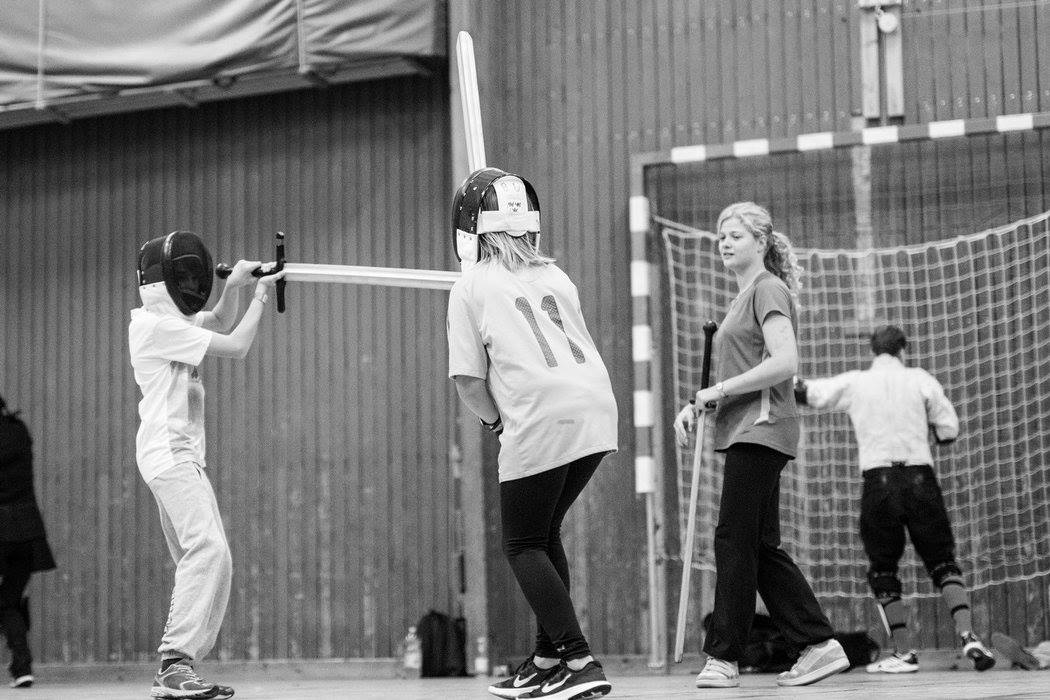
Historical fencing is a lot of things. It’s sport, it’s academic research, it’s community, it’s history. This mix makes it something that is worthwhile for people of many walks of life. One thing that we have that many athletic activities don’t, is an appeal to those who were never really interested in sports.
In today’s world, there are millions of young people, primarily boys, who are fighting isolation and gaming habits. They spend their lives in front of screens and don’t learn to socialize, to hang out with girls, and certainly not to do sports. The real world, for them, is a place where they are isolated and miserable, but in the online world they are someone, and have abilities they can never embody in the real world, at least they think so.
A friend of mine told me that his 13-year-old son has problems meeting up with friends because they will rather go home and play computer games after school[1]. Once in a while someone invites him to go hang out, but just shortly after they meet up, the friends will say: “Ok, I have to go, I have screen time now.”
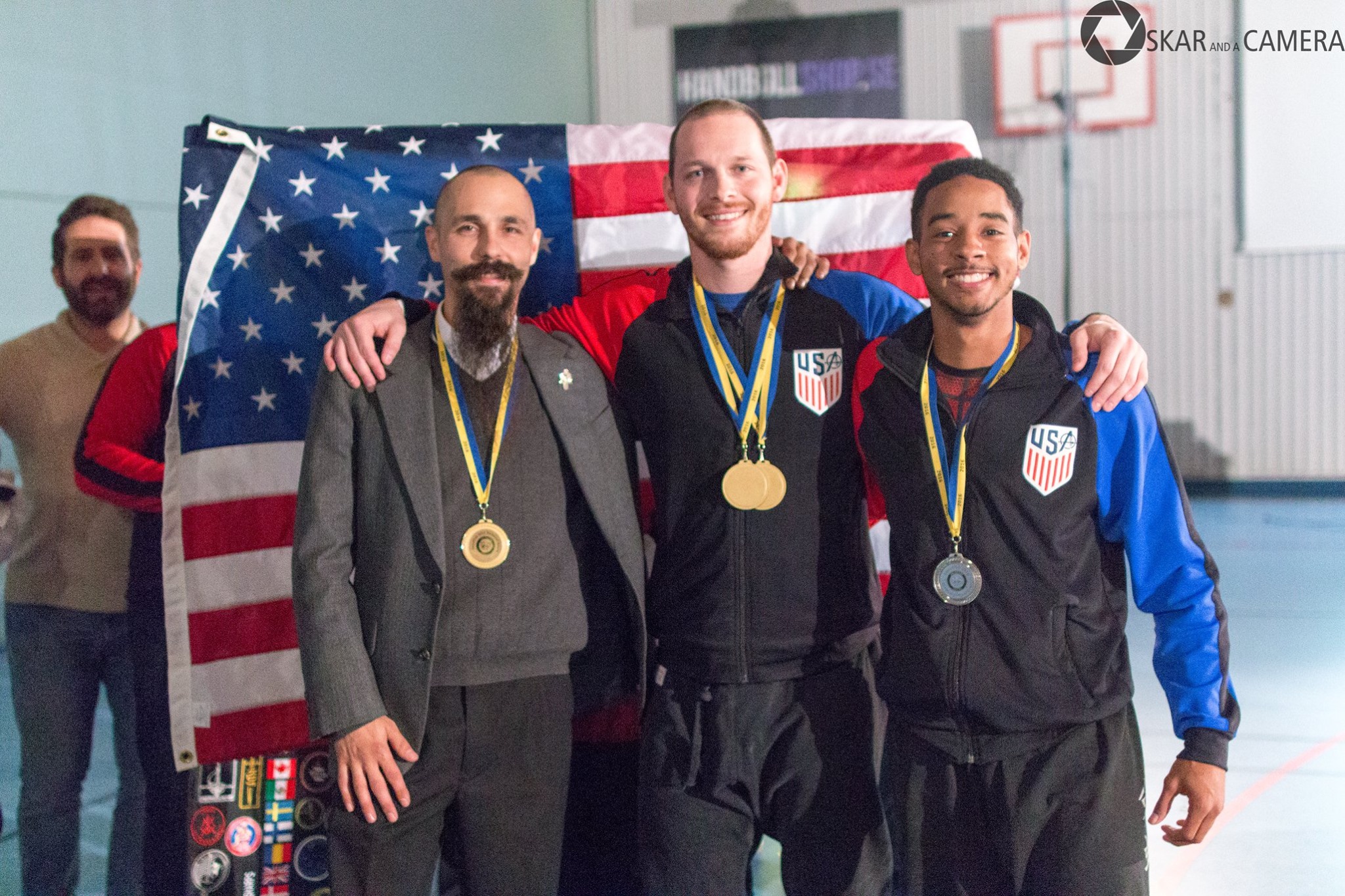
I believe there are many frustrated parents who are trying to limit the amount of time the kids spend in front of the computer screen, but failing to find activities that can truly compete with the games in the mind of the children. Fencing can be such an activity, and a saviour for many.
Quite a few years ago I was interviewed in the Swedish martial arts magazine Fighter, and had a conversation with the journalist about our recruiting base. He was an avid MMA practitioner and said: “You seem to have the same problems with nerds as we have with criminals”. We laughed at the comparison, but in a sense it’s true. And just as MMA can help people out of criminal behaviour under the right leadership, I believe that historical fencing can help a lot of socially awkward and unathletic kids find meaning and joy through physical training. I’ve seen it many times, the scrawny kid with no control of body and limbs turned into an athlete and finding a new sense of himself.
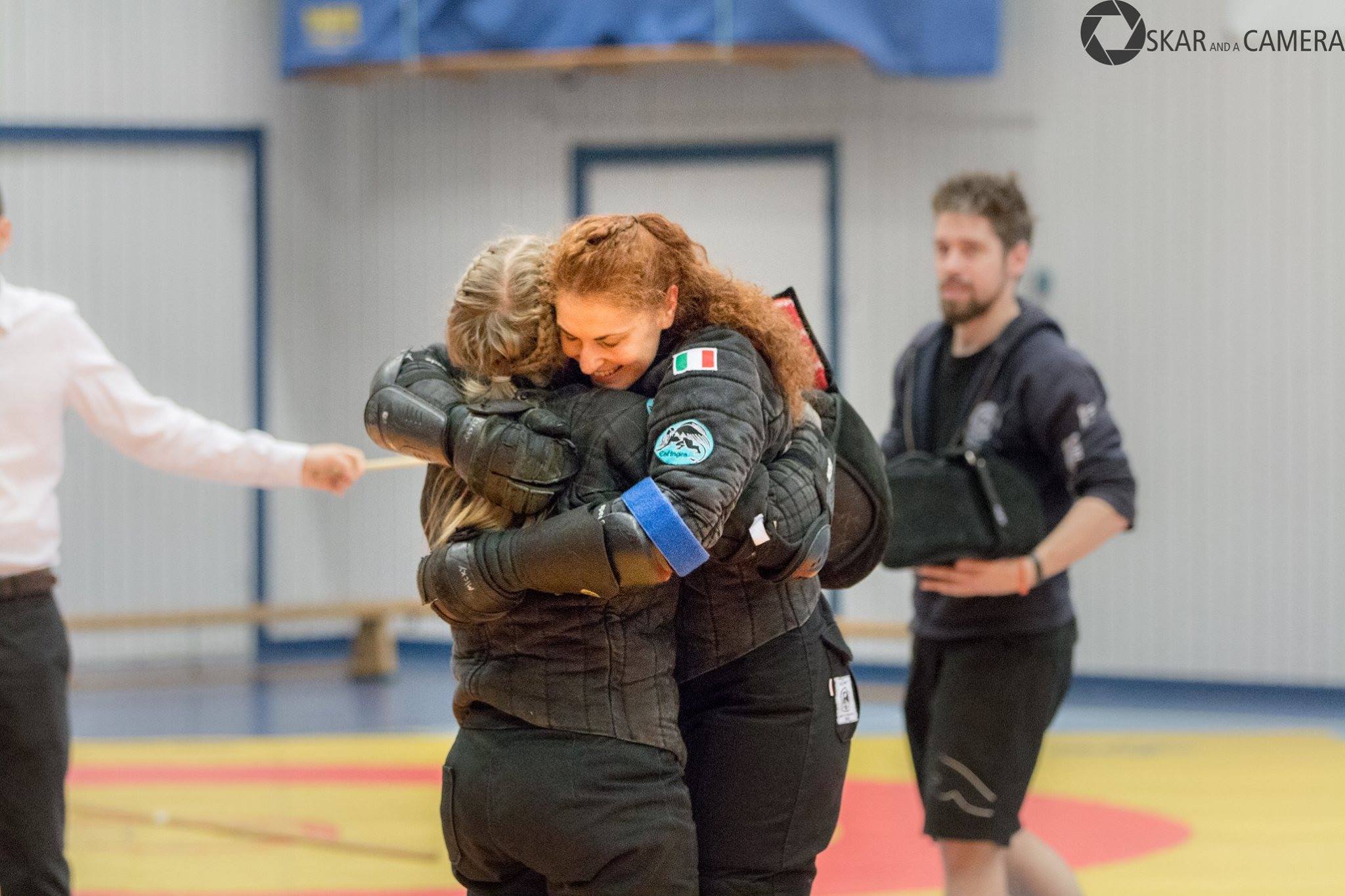
Many boys feel alienated and left out in society today, for whatever reason. It’s deeply problematic and something that can have fatal consequences. It can lead to mental health issues, obesity, poor socialization, and loss of cognitive ability.[2]Fencing can become a way out of a destructive behaviour. We should pay special attention to this, make sure they feel at home and welcome, support them and help them, be role models to them and create a culture of positive leadership. In doing so I believe we are serving them and society at large. For all of you out there who are training and helping these kids, be proud of yourself. You are my heroes.
Notes:
[1]https://www.rockwoolfonden.dk/app/uploads/2016/01/Newsletter-June-2013-2.pdf
[2]https://www.thelancet.com/journals/lanchi/article/PIIS2352-4642(18)30278-5/fulltext

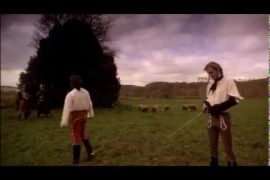

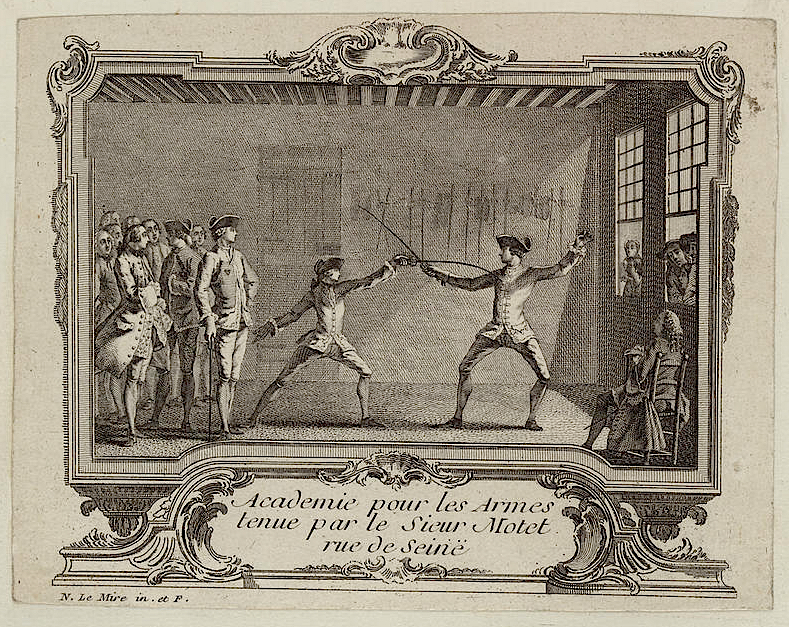
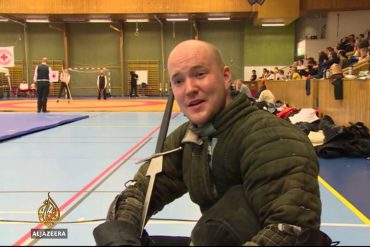
Thank you for the article and all that you do. I could have been that boy.
Yes, thank you for that one, Anders! I know how it feels… and rest assured: the story, albeit sad, is an inspiring example for all of us… I will take my boys and we go practicing with synthetics… any good advice on where to start? Frank